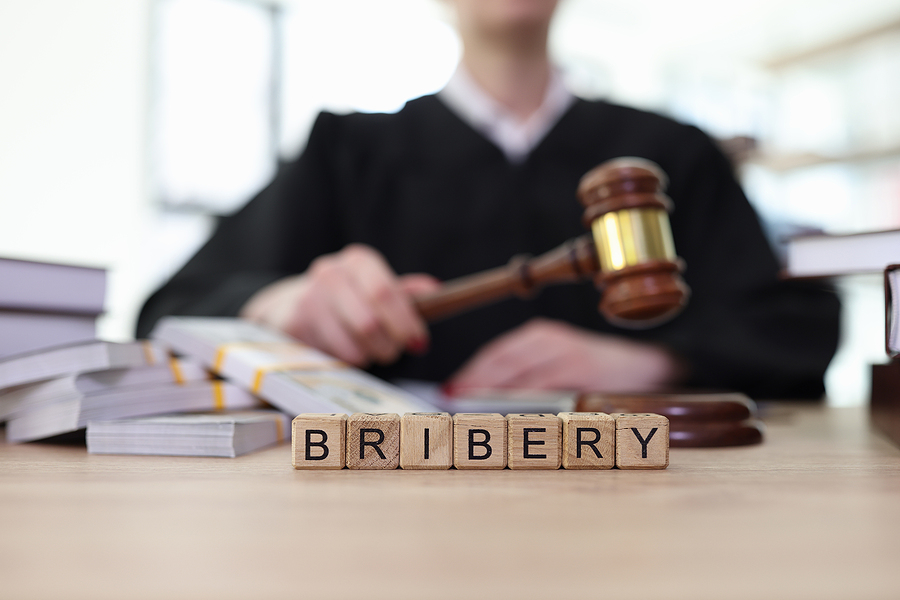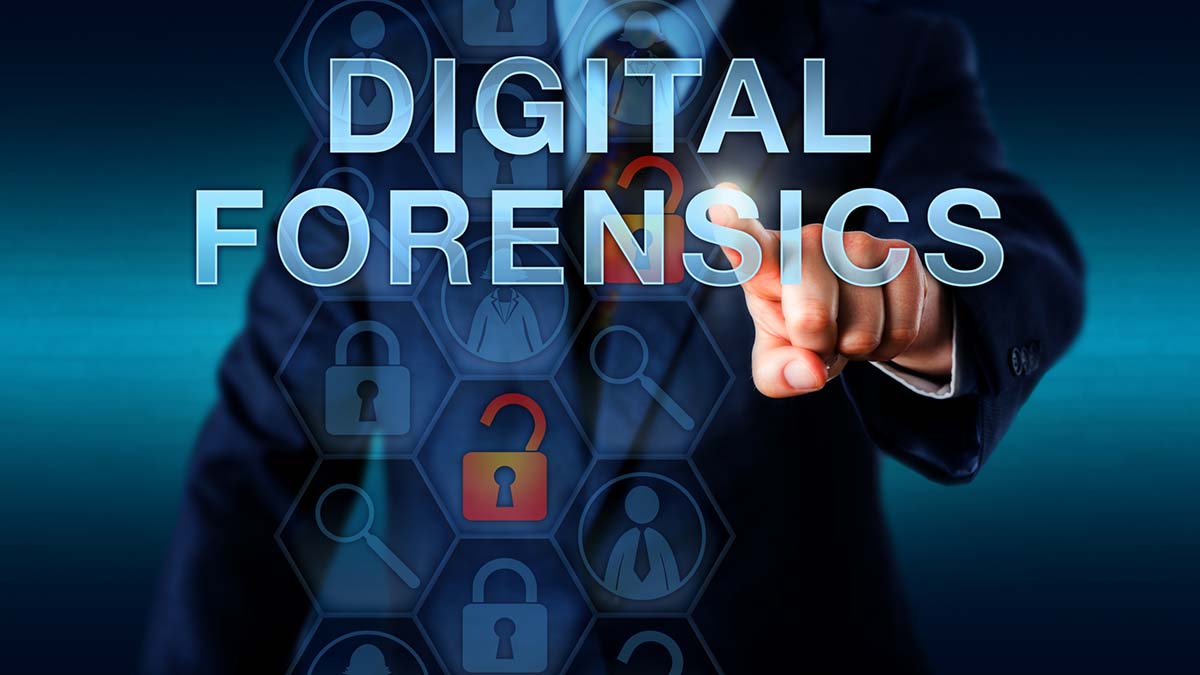In State v. O’Donnell, 2023 WL 50005787 (August 7, 2023), the New Jersey Supreme Court made clear that our bribery statute, NJSA 2C:27-2(d), includes bribes to a candidate for public office, as well as an actual office holder. In 2018, O’Donnell was a Bayonne mayoral candidate. A tax attorney who was cooperating with law enforcement brought a bag of cash to O’Donnell’s campaign headquarters with the promise that if O’Donnell was elected mayor, he would make the cooperator the city’s tax counsel. The candidate was indicted under New Jersey’s bribery statute.
The trial court dismissed the bribery charge reasoning that the statute did not apply to a mere candidate for office as he was not yet a “public official.” The Appellate Division reversed, holding that it was irrelevant to the candidate’s culpability whether he was elected to office. The Supreme Court unanimously affirmed. It held that the bribery statute applies to a candidate for political office even if he is not an incumbent and is not ultimately elected.
In holding that a candidate can be found guilty under New Jersey’s bribery statute, the court relied extensively on the plain language of the statute and prior case law. In particular the Court held that, “It is no defense to prosecution under this section that a person whom the actor sought to influence was not qualified to act in the desired way whether because he has not yet assumed office, or lacked jurisdiction, or for any other reason.” The Court also cited a prior Appellate Division case, State v. Schenkolewski, which held that neither the bribe giver nor recipient need be a public official, only that he could influence matters in connection with an official duty, whether actually capable or not of doing so.
In contrast, in May of this year, the U.S. Supreme Court narrowed the reach of a similar statute holding that a private citizen, even one with influence over government decision-making, cannot be convicted for wire fraud based on an intangible right to honest-services for accepting payment to exercise that influence. Percoco v. United States, 143 S. Ct. 1130 (2023). While the decision focused on erroneous jury instructions at trial, Percoco is one in a line of cases narrowing the reach and scope of the federal bribery offenses.
Stahl Gasiorowski Criminal Defense Attorneys actively and aggressively protect clients’ rights and have represented numerous clients faced with bribery and honest services fraud in state and federal courts. To contact Mr. Stahl, call 908.301.9001 for the NJ office and 212.755.3300 for the NYC office, or email Mr. Stahl at rgs@sgdefenselaw.com.



